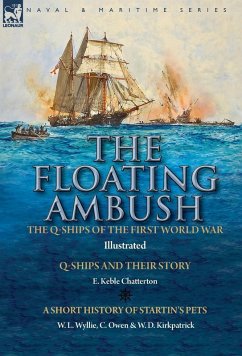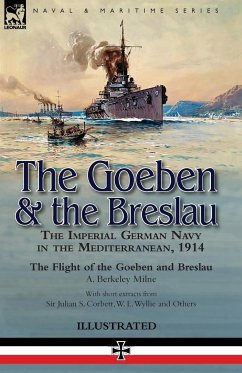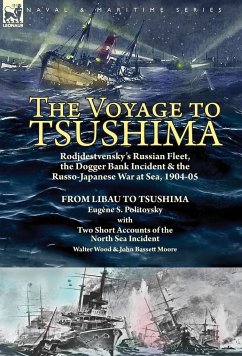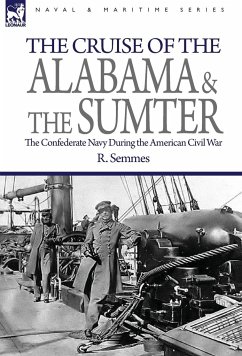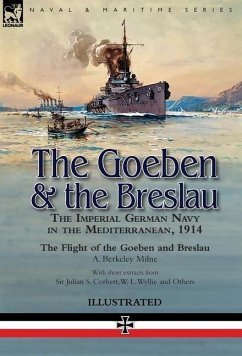The secret U-Boat killers and their Royal Navy crews during the Great War at sea The idea of the Q ship as a decoy vessel is not new for they were employed by the Royal Navy in the 17th century to lure Mediterranean pirates to destruction. However, by 1915 during the First World War the war at sea was becoming desperate for the allies. To ensure ultimate victory British and French armies needed materiel from America which was, of course, carried to Europe in merchant vessels. Germany knew that its surface fleet of warships would be unable to neutralise the Royal Navy and so created the U-Boat submarine fleet to significantly disrupt the security of the Atlantic crossing for merchant vessels. One of the more imaginative allied responses to deal with this threat was the creation of Q ships (a code name taken from the vessels home port of Queenstown in Ireland) which would appear to be vulnerable merchant men but which would carry hidden armaments that would be quickly brought in action by special crews whenever a U-Boat made a surface attack. Panels would drop on the side of the Q ships, the White Ensign would be run up the mast and the U-Boat was usually doomed, though this was a perilous pursuit and of the 366 Q ships employed during the course of the war, 66 were lost in action. The vulnerability of the Atlantic crossing was ultimately resolved when the United States joined the war and an effective destroyer escort force based on both sides of the ocean could guard the merchant fleets throughout their voyage. Nevertheless this story of the Q ships, which had their moment in the history of naval warfare, is fascinating and is recommended. Leonaur editions are newly typeset and are not facsimiles; each title is available in softcover and hardback with dustjacket.
Hinweis: Dieser Artikel kann nur an eine deutsche Lieferadresse ausgeliefert werden.
Hinweis: Dieser Artikel kann nur an eine deutsche Lieferadresse ausgeliefert werden.

